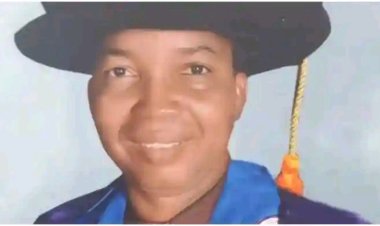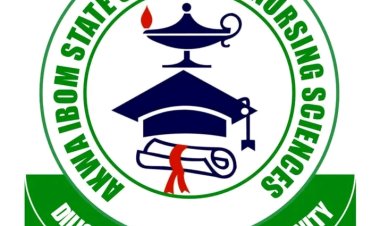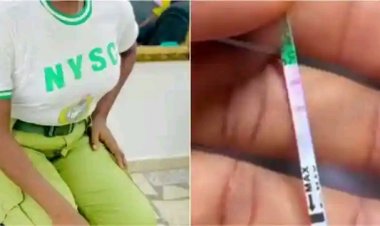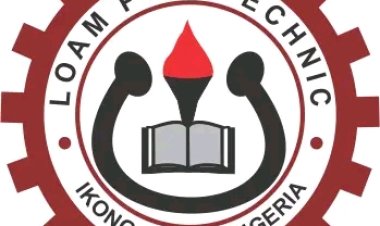UNILORIN VC Promises 24-Hour Power Supply by Year-End
University of Ilorin commits to restoring continuous power supply while enhancing research capabilities and sustainability.
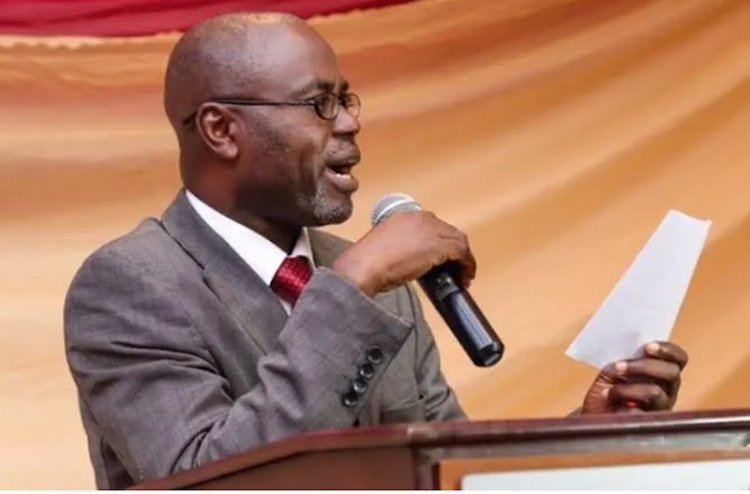
The Vice Chancellor of the University of Ilorin, Prof. Wahab Olasupo Egbewole, SAN, has assured researchers at the institution that a stable 24-hour electricity supply will be restored on campus before the end of the year.
Prof. Egbewole gave this assurance on July 5, 2024, while declaring open a TETFUND Grant Writing Workshop organised by the Center for Research Development and In-House Training (CREDIT) at the University Auditorium. Represented by the Deputy Vice Chancellor (Management Services), Prof. Suleiman Folorunsho Ambali, Egbewole acknowledged the current challenges faced by the University, particularly the recent disruption in electricity supply and the lack of essential resources needed to facilitate seamless research processes.
SUGGESTED: UNILORIN VC Urges Alumni to Promote Positive Image of University
He urged researchers, staff, and students to be patient and make a collective effort to overcome these challenges. “We are aware of the challenges of electricity, which is central to achieving a successful study. The administration has been working assiduously to achieve success in this regard,” he said.
Highlighting the importance of research to the University’s tripartite mandate, Prof. Egbewole stated, “The product of research is what we use in teaching and in community service.” He added that research is vital to the Vision 1-10-500 of his administration and emphasized the need for deliberate research policies that encourage and support researchers to compete favourably with their global peers.
Addressing issues such as incomplete research projects and lack of coordination among research teams, the Vice Chancellor expressed optimism that the workshop would help resolve these problems. He reiterated the University’s commitment to conducting impactful research aligned with the Sustainable Development Goals (SDGs), aimed at addressing local, national, and international issues. “We want all our researches to be impactful and address local, national, and international problems, not just for the sake of publishing. The era of publish or perish is gone. Now you must publish for sustainable development,” he stated.
Prof. Egbewole also encouraged younger academics to learn from experienced researchers to ensure sustainability within the University. He urged Deans of Faculties and Heads of Departments to mentor younger academics effectively, emphasizing that the future of the University belongs to them.
SUGGESTED: UNILORIN VC Urges Alumni to Promote Positive Image of University
Earlier, in his welcome address, the Acting Director of CREDIT, Dr. Abdulkarim Ayopo Oloyede, highlighted the workshop's aim to equip academic staff and technologists with the essential knowledge and skills required to successfully apply for TETFUND Institutional Based Research (IBR) and National Research Foundation (NRF) Grants. These grants are crucial for funding research projects that contribute to the advancement of knowledge and societal development.
Dr. Oloyede noted the University’s historical success with the NRF fund, stating, “Over the years, we have had a maximum of seven principal investigators in a year coming from this institution, while some other universities are getting up to 19 applications in a single year. As part of the Vision 1:10:500 agenda of the current administration, research development is a key priority. We have organised this workshop so that in subsequent years, Unilorin researchers can also have more than 19 research proposals approved in a year. With the right support, this is possible.”
The Acting Director also announced the establishment of mega research groups within the institution, designed to promote collaborative efforts among staff, research students, and external experts. These groups aim to conduct impactful research addressing specific challenges and advancing knowledge in alignment with the SDGs. He emphasized the importance of allowing these groups to form their own leadership teams to ensure greater ownership, commitment, and effectiveness in achieving research goals.
Dr. Oloyede encouraged all researchers at the University to join a research group that resonates with their interests and expertise. “Together, we can make significant strides towards addressing global challenges and achieving sustainable development,” he concluded.
Contact Us
P.M.B. 1515, Ilorin, Nigeria
+234810-848-3222, +234807-200-0013
registrar@unilorin.edu.ng
talk2vcoffice@unilorin.edu.ng

 Mary Nwaeze
Mary Nwaeze 
